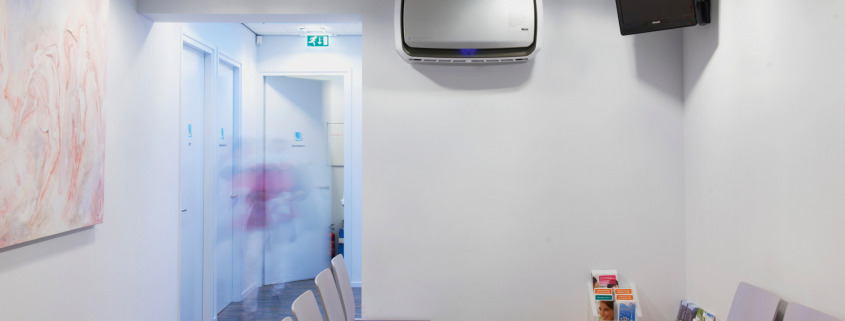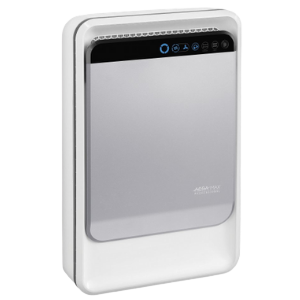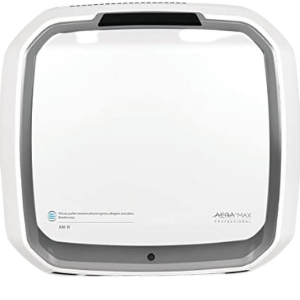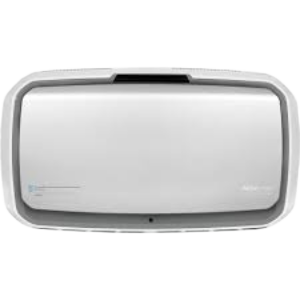AeraMax Pro for Dental Surgeries
Air Quality
Air quality has always been a concern for dental surgeries, but during the pandemic it is a vital element in helping surgeries to open and operate safely. Ventilating treatment rooms through opening the windows can be effective, but in the winter months is not a practical or a pleasant option. Many surgeries get around this by installing air purifiers like the AeraMax Pro, which has the advantage of being fitted with High Efficiency Particulate Air or HEPA filters as they are more commonly known. The air purifier can be seamlessly integrated into the workplace and is key for rooms with no windows where it is not recommended to carry out applications which require the use of aerosol equipment.
Government guidelines are clear that ventilation reduces the possibility of aerosol transmission: “increasing the occupancy of a space increases the probability of airborne transmission by four-fold. Exposure risk may be further increased if distances between people are reduced to <2m.” Unsurprisingly, the recommendation is: “Ventilation should be integral to the COVID-19 risk mitigation strategy for all multi-occupant public buildings and workplaces.”
Dental surgeries are particularly at risk because, in addition to proximity, out of necessity, the procedures use high velocity air and water streams that create aerosol droplets leading to an even higher risk of respiratory transmission.
Post procedures that generate aerosols, the government has recommended that dental surgeries have a downtime of between 15 and 30 minutes depending on the amount of ventilation there is which affects how many air changes there are per hour (ACH). This will clearly have an impact on the number of patients a dental practice is able to treat and can cause a frustrating backlog of patients needing an appointment.
Air purifiers
Government guidance into COVID-19 infection prevention and control suggests that: “Recirculating air cleaning devices with HEPA filter systems or UV-C are likely to be effective,” concluding that the: “addition of recirculating air cleaning devices could enhance the effective air change rate. Devices should be correctly sized and the impacts on the room air flows considered. The effectiveness of air cleaning devices will depend on the flow rate of the device, the efficiency of air cleaning and the size of the room.”
HEPA filters are recommended because they can remove 99.97% of air pollutants, which includes germs, bacteria, allergens, pollen and mould. The AeraMax Pro range uses extra thick filters in a four-stage filtration process that includes an antimicrobial layer to trap bacteria and take it out of circulation.
In addition, the AeraMax has laser sensors which monitor the air quality, as well as sensors that not only detect when people are in the room but also how many people there are, using this information to automatically adjust its efficiency and increase ACH. As soon as anyone is in the room, the device adjusts the speed of the fans to improve circulation, and when the room is empty, it will go into sleep mode to save energy.
In cleaning particles from the air, purifiers have the additional advantage of reducing colds and flu, as well as the symptoms of sick building syndrome, all of which can potentially result in reduced productivity and staff absenteeism.
If opening windows is an impractical way of ventilating your dental surgery, opticians or healthcare practice, either because of the cold or proximity to a busy road, create a cleaner, safer, less noisy working environment by installing air purifiers.
For more information, to shop the Aeramax Pro range or receive a free quote, please click here. You can also get in touch at hello@quillsuk.co.uk or via live chat.










